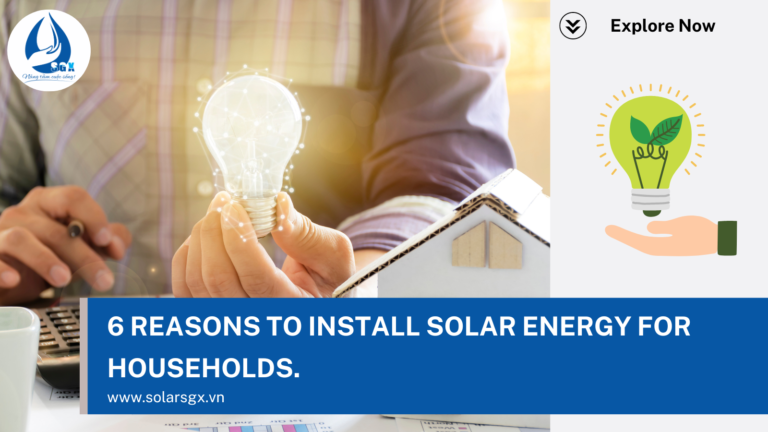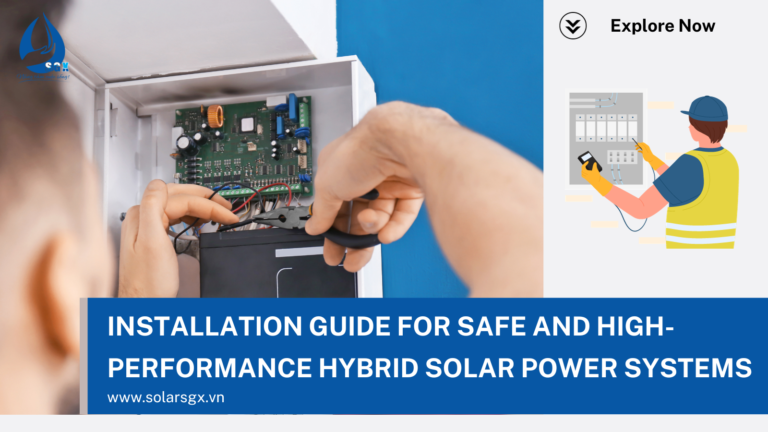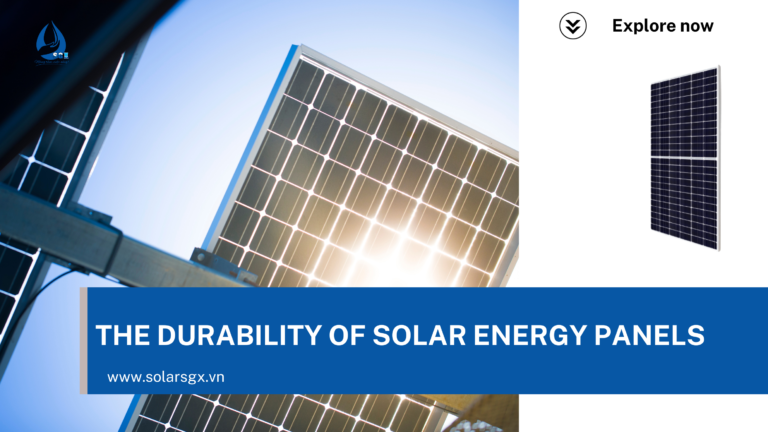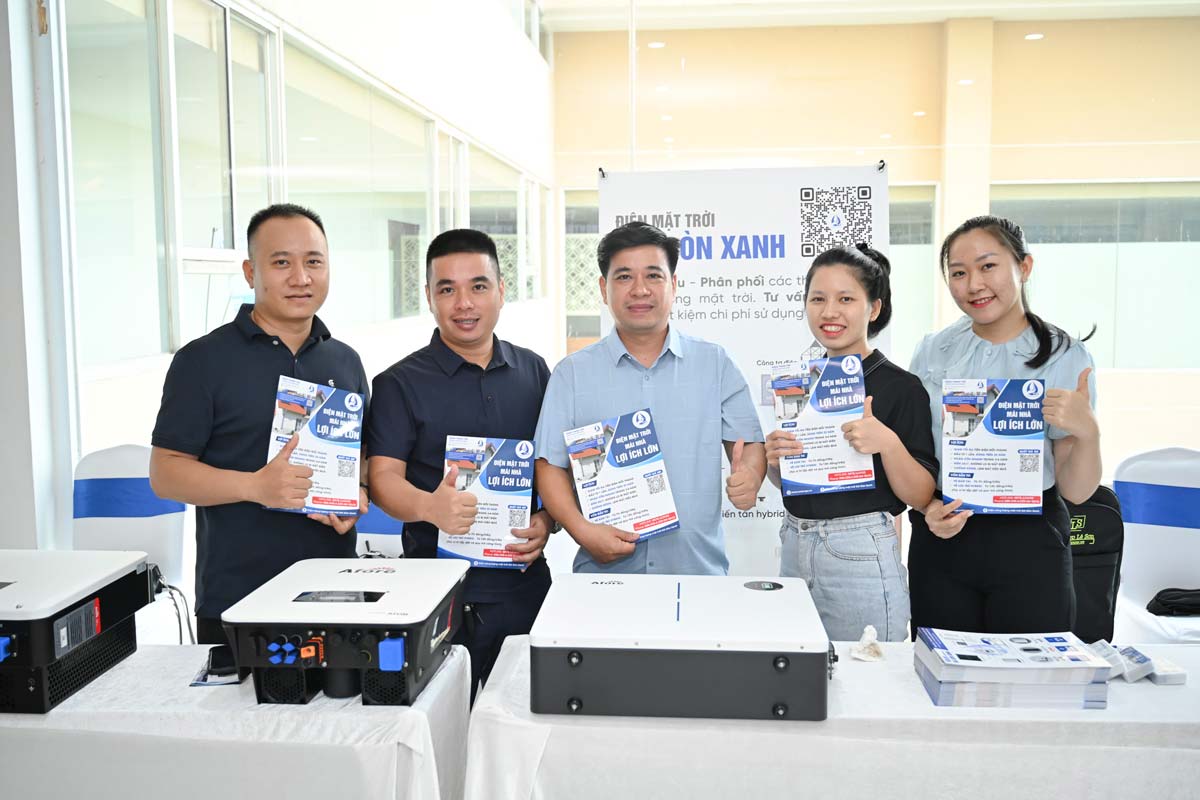SOLAR POWER SYSTEM WITH STORAGE
Let’s explore this energy storage technology and understand why it’s such a crucial component in today’s solar power systems.
Let’s explore this storage technology and why it’s a crucial component in today’s solar power systems.
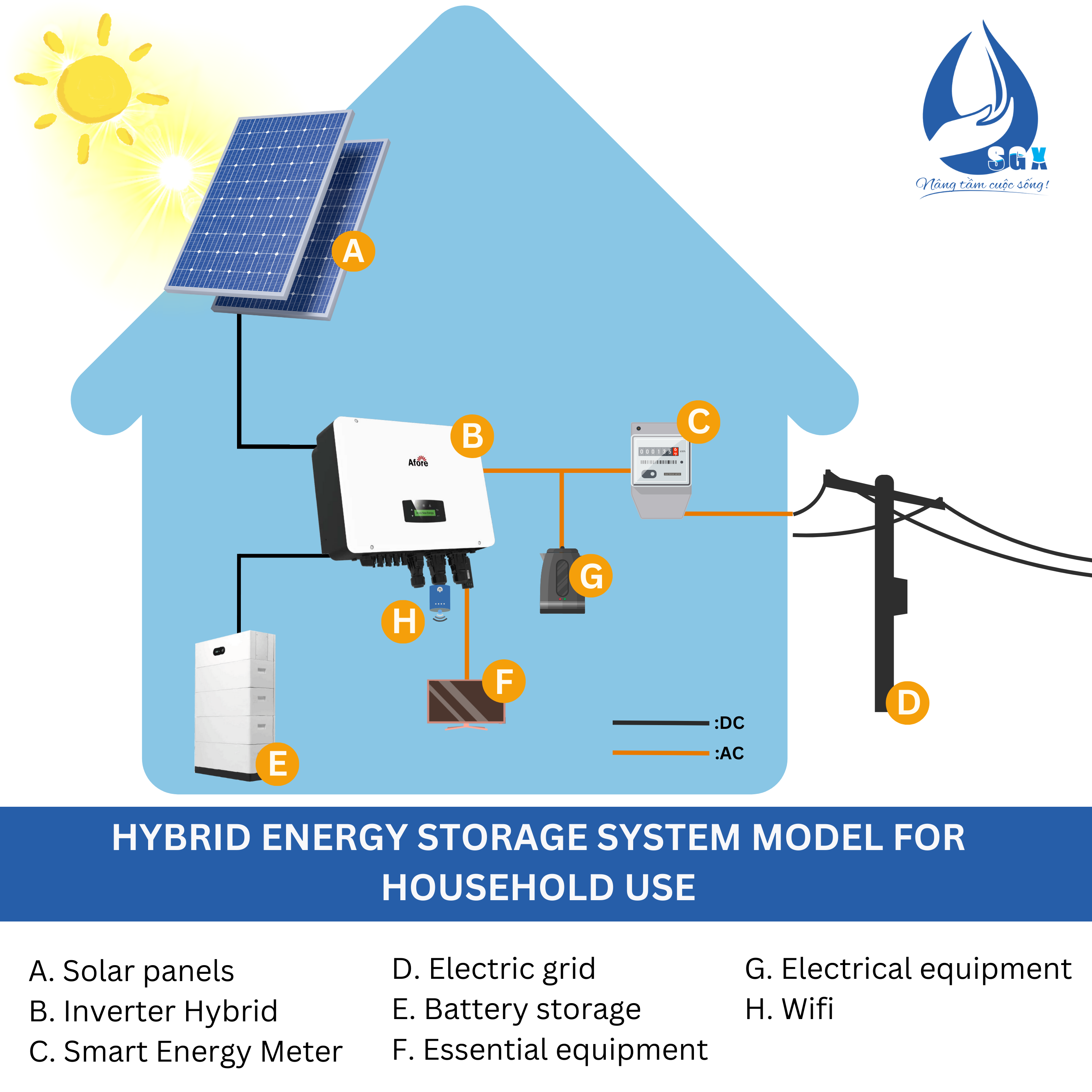
How does an Energy Storage System work?
The devices for energy storage such as lithium-ion batteries and lead-acid batteries are commonly used. Advanced energy storage technologies are also utilized to retain the energy generated from solar panels.
Why is Energy Storage Necessary?
Storing energy allows solar power systems to continue providing electricity even when direct sunlight is not available. This can occur during nighttime or in unfavorable weather conditions.
This enhances the system’s stability and provides a continuous power supply for users.
The solar power system with storage includes which devices?
For a solar power system with storage to function efficiently and reliably, several crucial components significantly impact its functionality and performance.
Typically, a solar power system with storage consists of three main components:
+ Solar panels (Photovoltaic Panels):
The eight components of solar panels are:
- Aluminum frame
- Tempered glass
- EVA film layer
- Solar cells
- Backsheet (rear panel of the solar panel)
- Junction box
- Electrical cables
- MC4 connectors
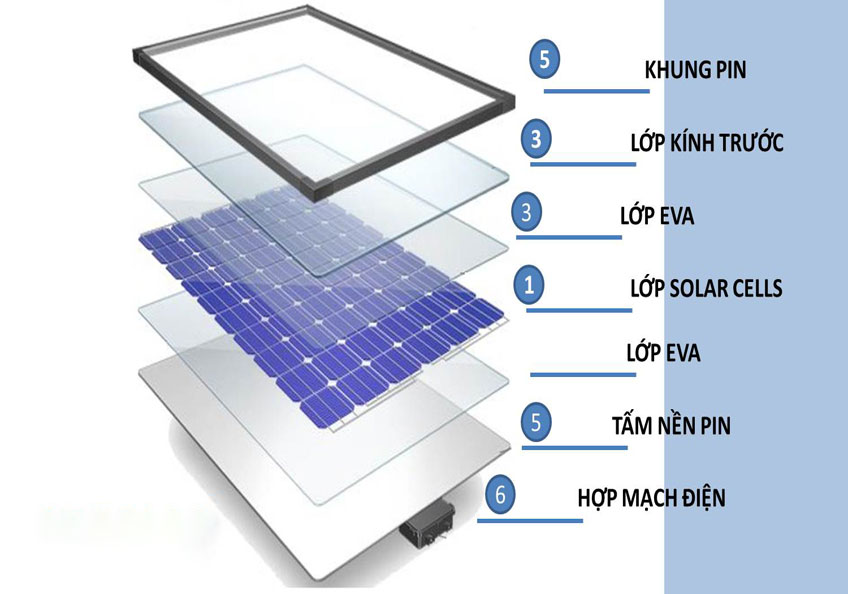
The main task of solar panels is to absorb solar radiation and convert it into electrical energy to supply the system.
Typically, there are two main types:
Monocrystalline solar panels:
Constructed from high-purity single-crystal silicon photovoltaic cells, providing higher efficiency.
Monocrystalline panels usually have a uniform black color and relatively higher costs.
Polycrystalline solar panels:
Made from polycrystalline silicon, with a simpler and less expensive manufacturing process.
Polycrystalline panels have a deep blue color, relatively lower costs compared to monocrystalline, and higher durability. They also exhibit good expansion and heat resistance.
+ Inverter Hybrid:
Inverter Hybrid combines the advantages and functions of grid-tied solar and standalone solar systems.
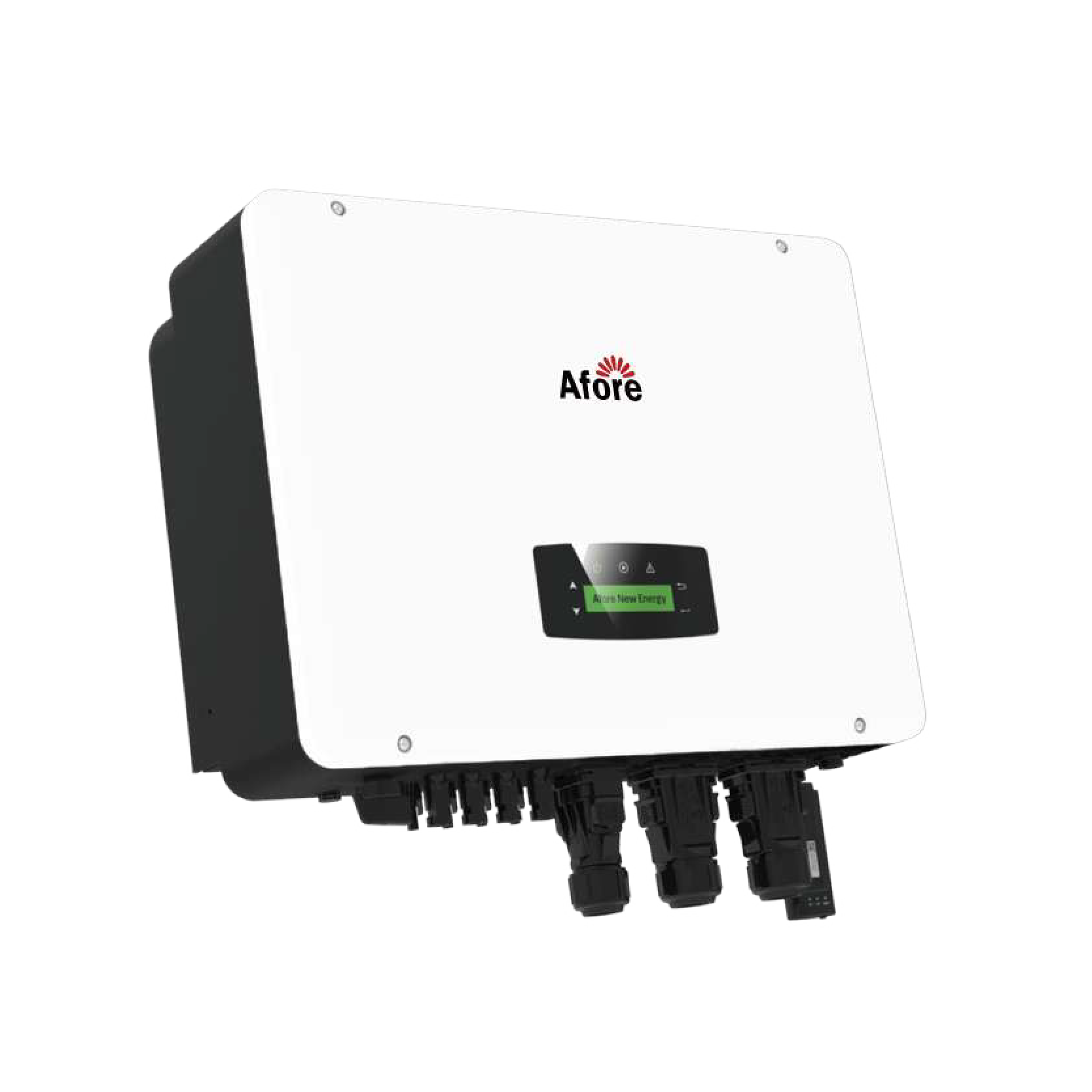
The Hybrid inverter converts DC (direct current) into AC (alternating current) to supply electricity and charge batteries or storage cells.
During a grid power outage, the Hybrid inverter utilizes the stored power in batteries or lithium storage cells to continue supplying power to prioritized loads.
+ Battery or energy storage cells
This is the component that stores excess solar power during the day to be used at night or in case of a power outage. Depending on the storage time and capacity needed, you can choose between traditional batteries or energy storage cells suitable for your system.
Rather than using conventional batteries, lithium storage cells are currently the optimal choice due to their higher charge/discharge cycles and better durability.
The combination of a Hybrid inverter and energy storage cells ensures a more efficient operation of the Hybrid system, allowing for quicker energy transfer, charge, and discharge cycles. This setup ensures continuous operation of priority devices and minimizes damage in case of grid failures.
Additionally, the Hybrid system includes:
- DC/AC distribution panel,
- Surge protection devices,
- Power meters for measuring electricity consumption,
- Wi-Fi modules,
- Monitoring systems to oversee the system’s operation.
Conclusion:
Energy storage systems in solar power play a crucial role in providing stable and continuous electricity from renewable energy sources.
Advancements in storage technology not only optimize efficiency but also contribute to the development of cleaner and more sustainable solar power systems.
Contact Information
Choose SGX for an innovative and environmentally-friendly experience. Place your order now to enjoy special offers and continuous innovation.
Điện năng lượng mặt trời Sài Gòn Xanh – Nâng tầm cuộc sống!
- TƯ VẤN – KHẢO SÁT – THI CÔNG
- 0976 123450 (phím 1), 096 5594559
- Website: solarsgx.vn
- Fanpage:Điện năng lượng mặt trời Sài Gòn Xanh
- Địa chỉ: 21 Sến Quỳ, Ninh Sơn, Thành phố Tây Ninh, Tây Ninh

